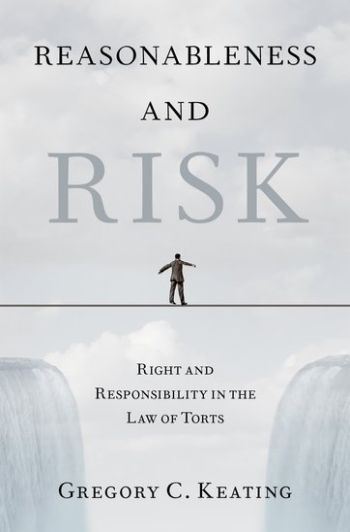
The law of torts is concerned with what we owe to one another in the way of obligations not to interfere with, or impair, each other's urgent interests as we go about our lives in civil society. The dominant accounts of tort law's primary rights and responsibilities either insist upon the unruly heterogeneity of those obligations or conceive of tort liability rules as shadow prices whose role is to ensure that we injure one another only in economically efficient ways. On this view, persons are merely conduits through which social costs and benefit pass. The role of their claims is not to vindicate their own rights and interests, but to promote social wealth and social welfare. For its part, the view that tort is a motley collection of wrongs denies that the field has any unity.
This book argues that tort law addresses a domain of basic justice and that its rhetoric of reasonableness implies a distinctive morality of mutual right and responsibility. Modern tort law is preoccupied with, and responds to, the special moral significance of harm. Because physical integrity is a fundamental human interest, and a precondition for the exercise of effective agency, physical harm profoundly impairs normal and foundational powers of human agency. The primary role pursued by modern tort law is to protect essential interests that we have as persons from impairment and interference at each other's hands, and to do so on reasonable terms—on terms that all those affected might accept as justifiable.